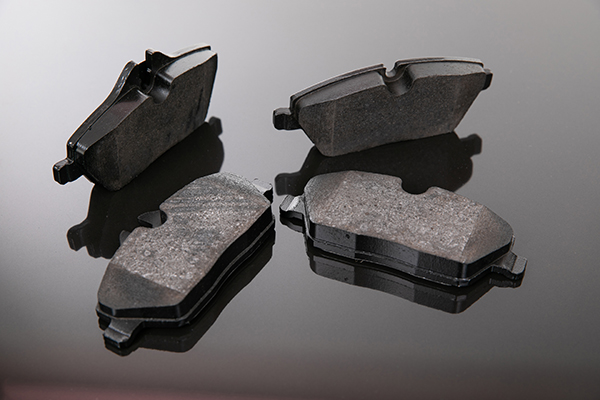
Have you ever found yourself pressing down on the brake pedal, only to feel like your car is taking an eternity to slow down? Delayed braking can be not only frustrating but also dangerous, especially in emergency situations.
Worn Brake Pads
One primary reason for slow braking performance is worn brake pads. Brake pads are essential components of your car's braking system, responsible for creating friction with the brake rotors to slow down and stop the vehicle. Over time, brake pads naturally wear down due to repeated use, eventually becoming too thin to effectively grip the rotors.
When this happens, it takes longer for the brake pads to generate enough friction to decelerate the car, resulting in delayed braking response. Regular inspection and replacement of worn brake pads are crucial for maintaining optimal braking performance and ensuring your safety on the road.
Low Brake Fluid
Another common cause of slow braking is low brake fluid levels. Brake fluid plays a vital role in transmitting hydraulic pressure from the brake pedal to the brake calipers, where it squeezes the brake pads against the rotors to slow down the car. When the brake fluid level is low, there may not be enough hydraulic pressure to engage the brakes fully, leading to reduced braking effectiveness and longer stopping distances.
Additionally, low brake fluid levels can indicate a potential leak in the braking system, which should be addressed promptly to prevent further damage and ensure safe operation of the vehicle. Regularly checking and topping up brake fluid levels can help prevent issues related to low brake fluid and maintain optimal braking performance.
Malfunctioning Brake Components
Finally, various malfunctioning brake components can contribute to slow braking and delayed deceleration. Issues such as warped brake rotors, malfunctioning brake calipers, or a faulty brake booster can all affect the efficiency of your car's braking system, causing it to take longer to slow down.
Problems with the anti-lock braking system (ABS) or traction control system (TCS) can also impact braking performance, especially in slippery or hazardous road conditions. If you notice any unusual noises, vibrations, or inconsistencies in your car's braking behavior, it's essential to have the braking system inspected by a qualified mechanic to identify and address any underlying issues promptly.
Tips for Improving Braking Performance
Maintain Proper Following Distance
Keeping a safe distance between your car and the vehicle in front of you allows you more time to react and brake smoothly, reducing the risk of sudden stops and rear-end collisions.
Avoid Heavy Braking
Gradually apply the brakes when coming to a stop rather than slamming them down suddenly. This helps prevent premature wear on brake pads and reduces the likelihood of skidding or loss of control.
Keep Your Braking System Well-Maintained
Regularly inspect and service your car's braking system, including brake pads, rotors, calipers, and brake fluid. Addressing any issues promptly can help ensure optimal braking performance and safety on the road.
Looking for some of the best brake repairs in Raleigh? The Torque Automotive team is here to help and make your car as reliable as possible!